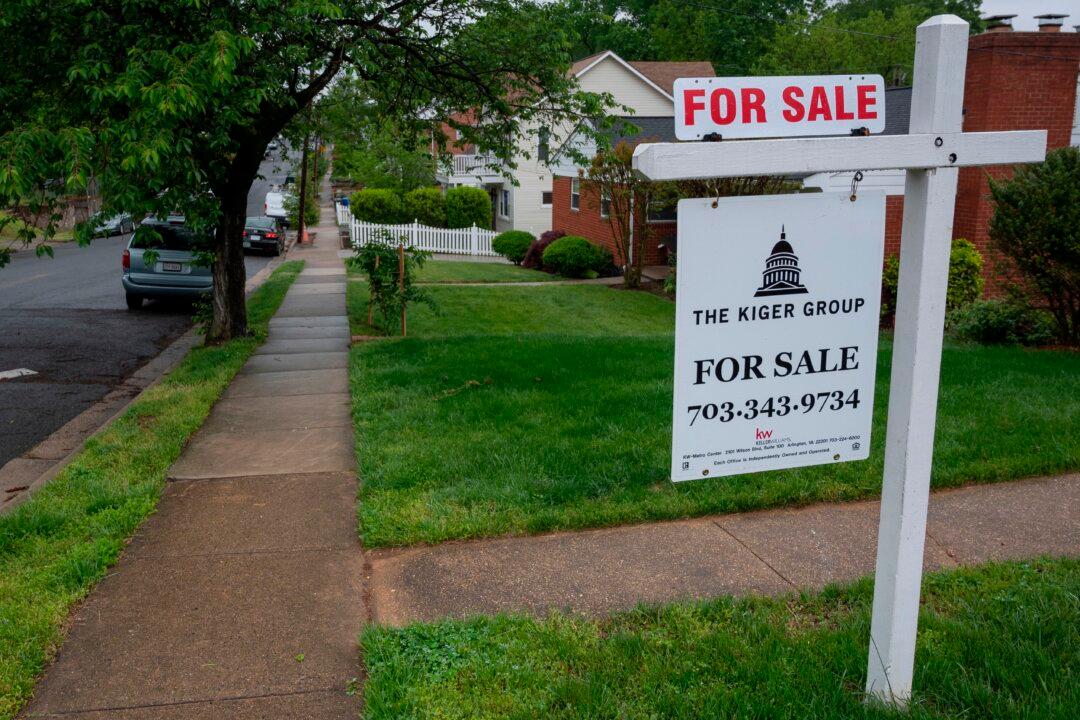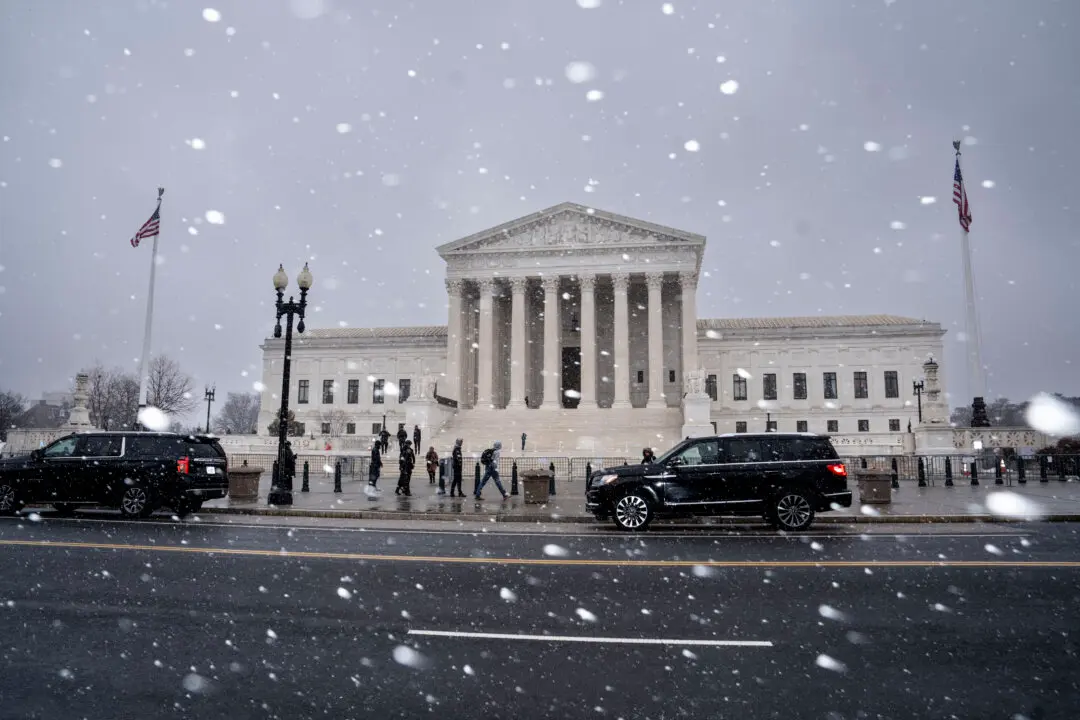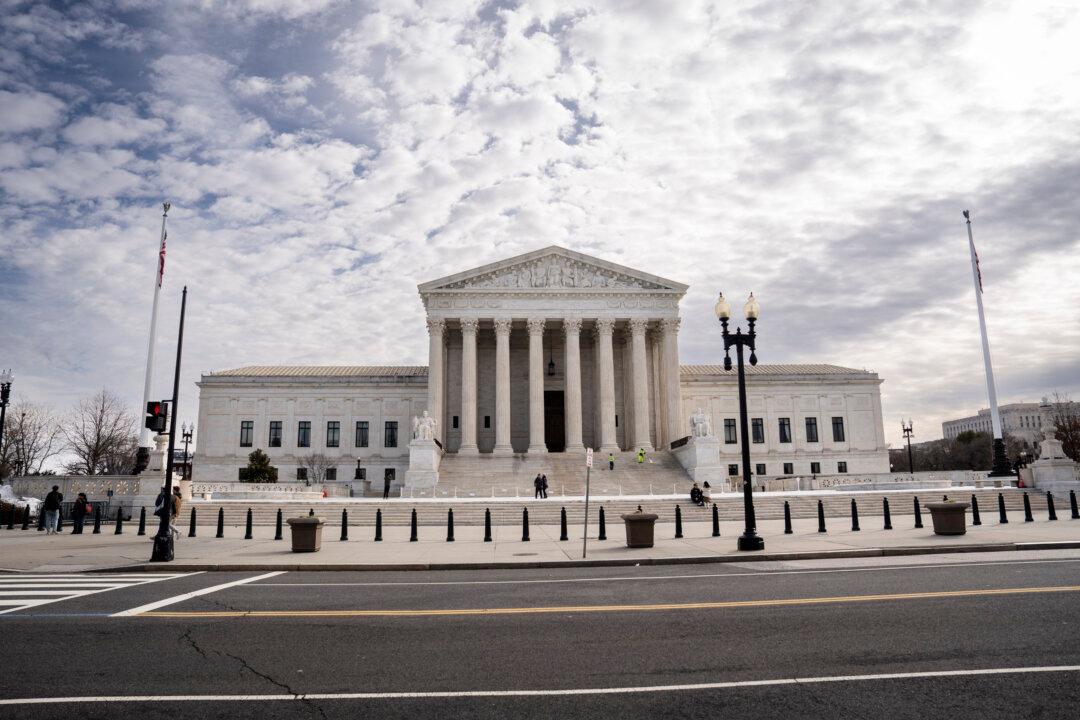The National Apartment Association (NAA) and four individual landlords are suing the Trump administration in federal court over the federal eviction moratorium that prevents them from displacing delinquent residential tenants during the ongoing pandemic.
The lawsuit, known as Brown v. Azar, was filed in U.S. District Court for the Northern District of Georgia and names Health and Human Services (HHS) Secretary Alex Azar, the U.S. Centers for Disease Control and Prevention (CDC), and acting CDC Chief of Staff Nina B. Witkofsky, as defendants, and asks the court to vacate “their September 1, 2020 Order, which suspended lawful residential evictions as applied to Plaintiffs.”





